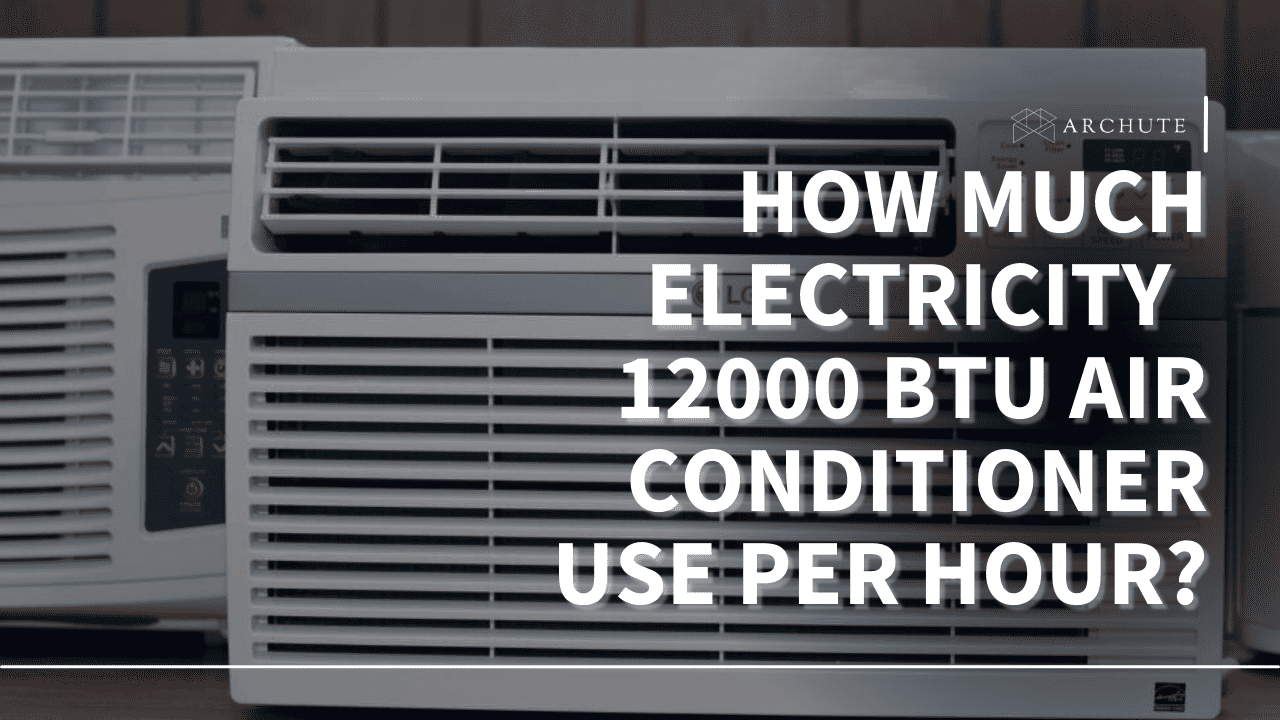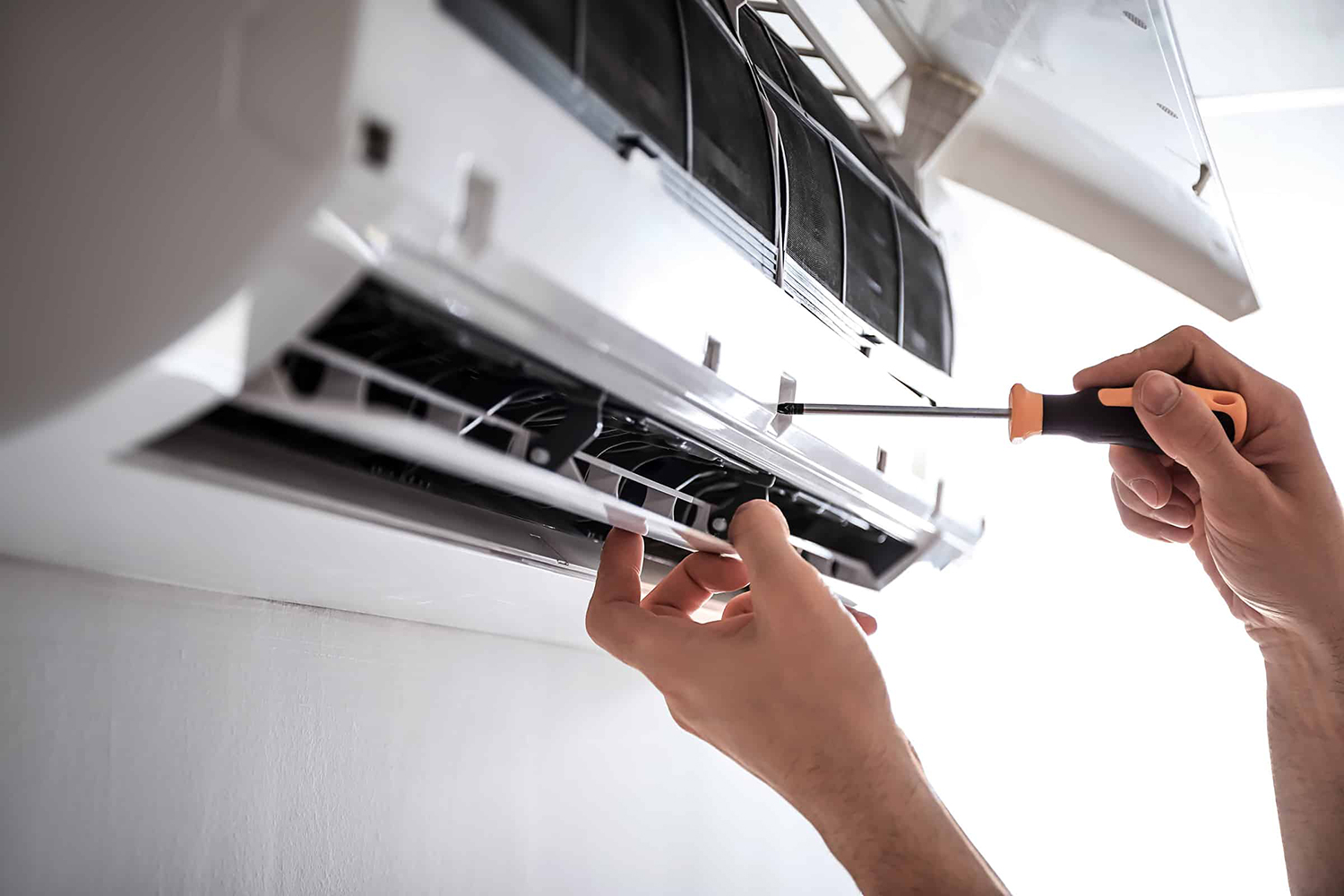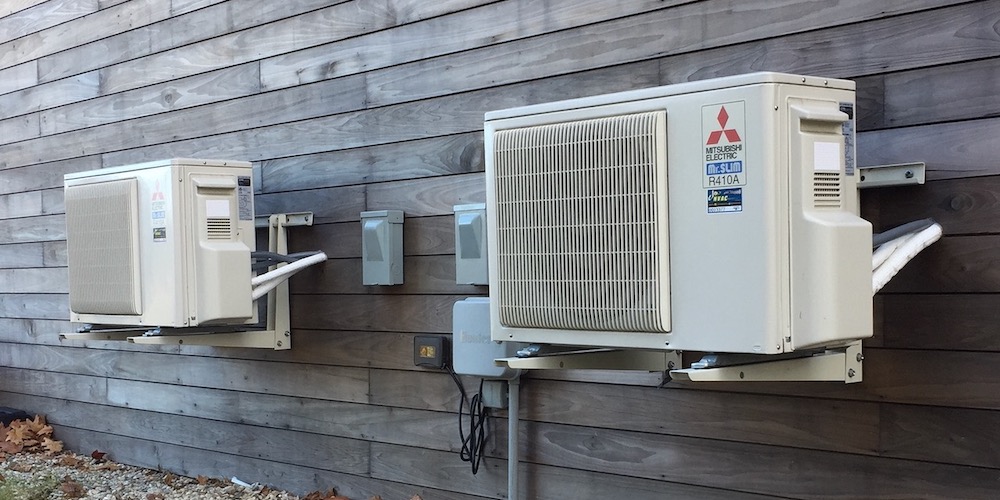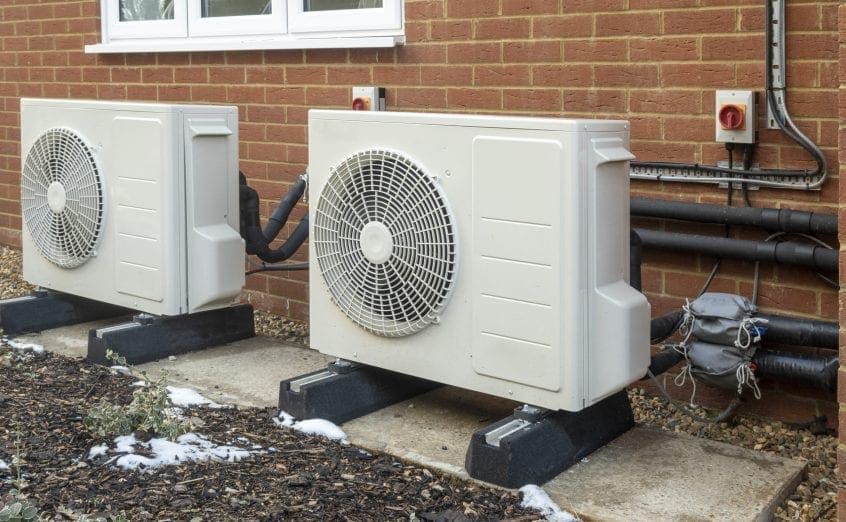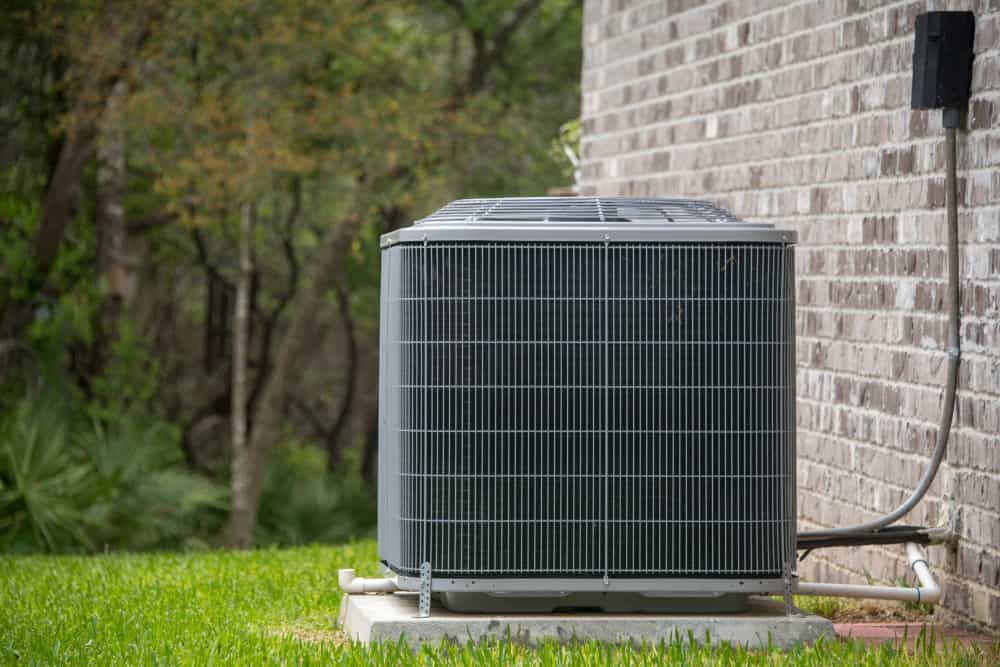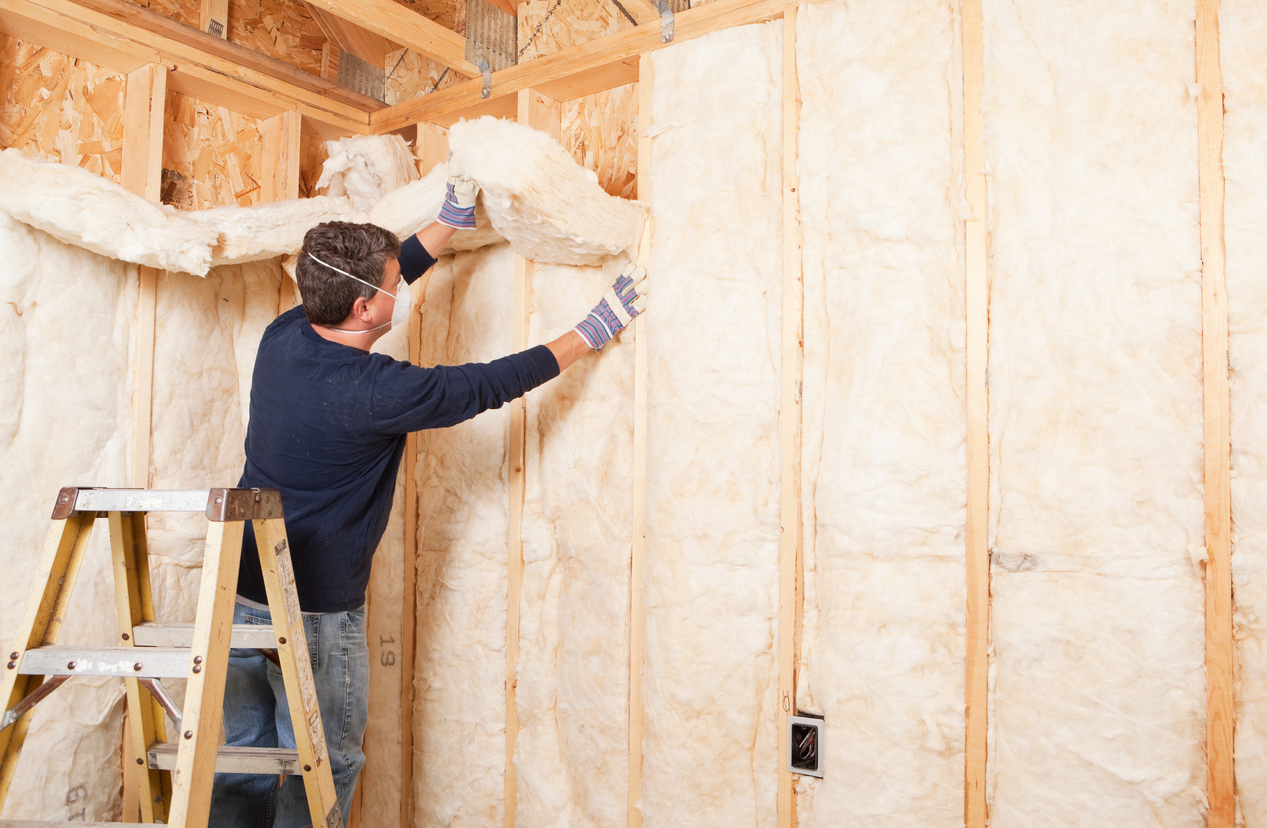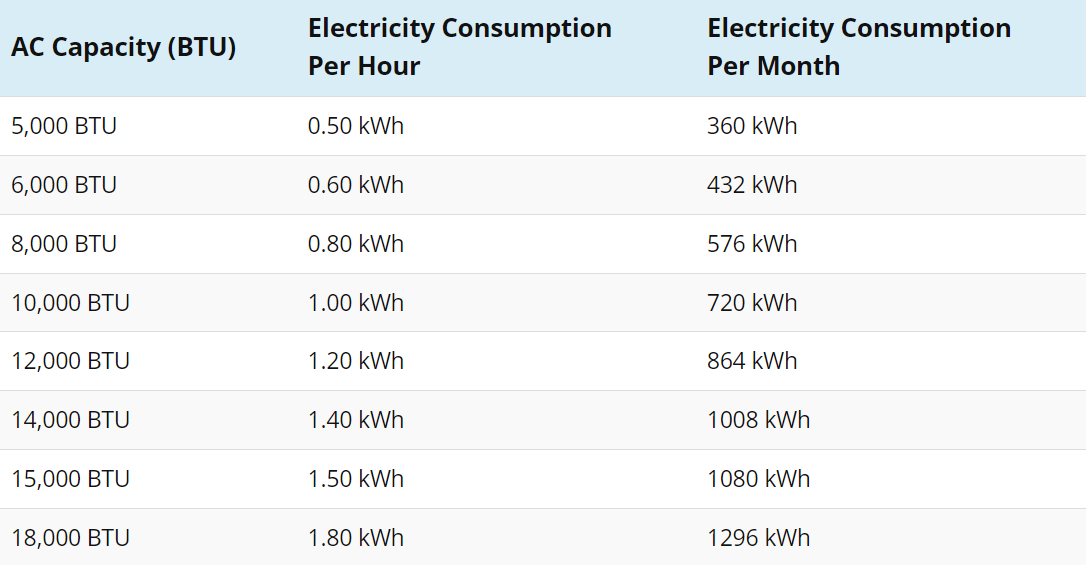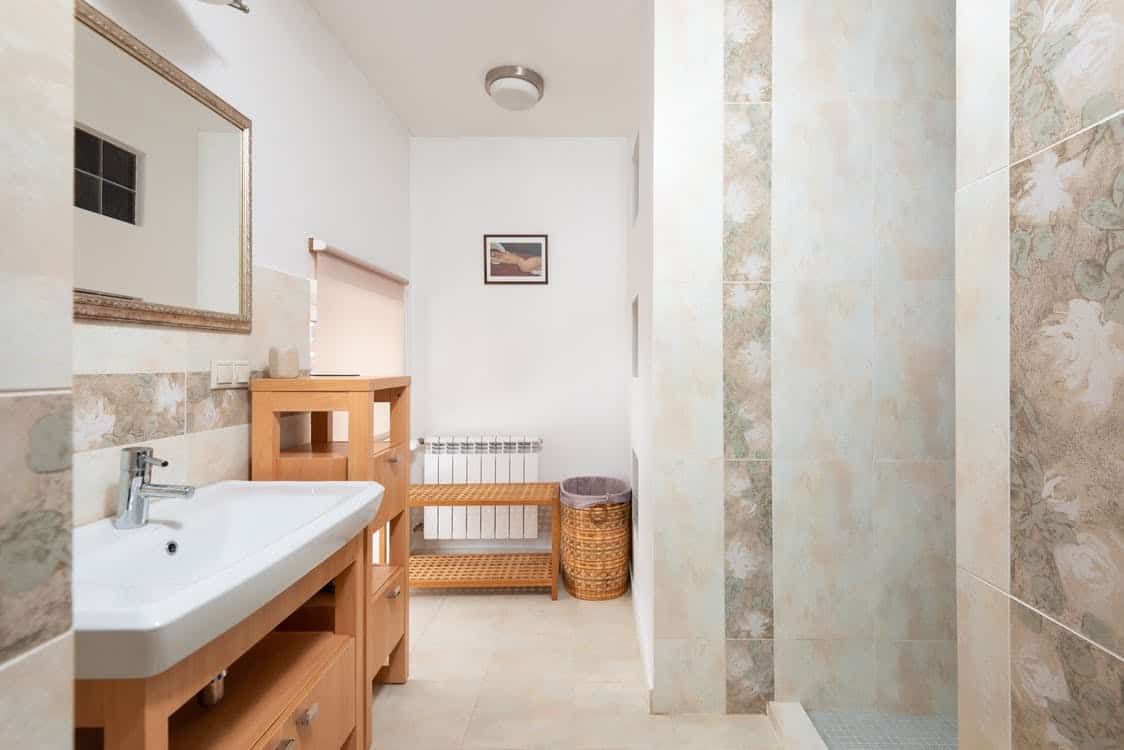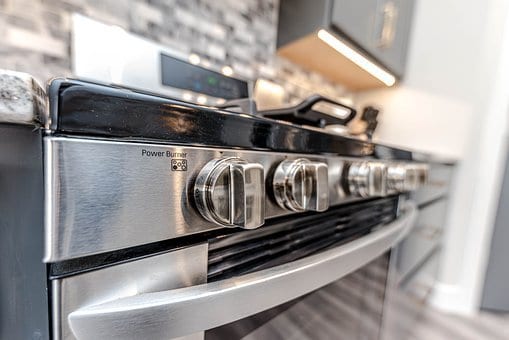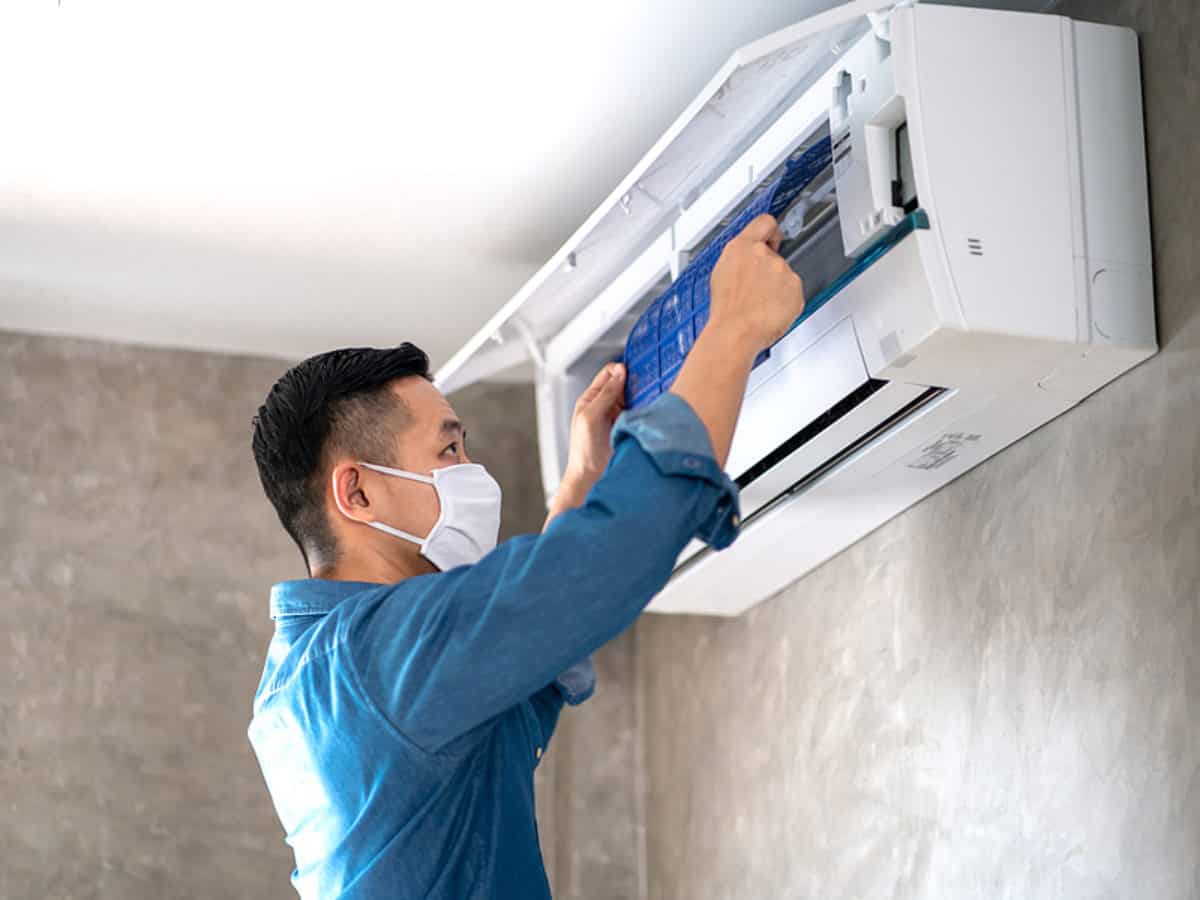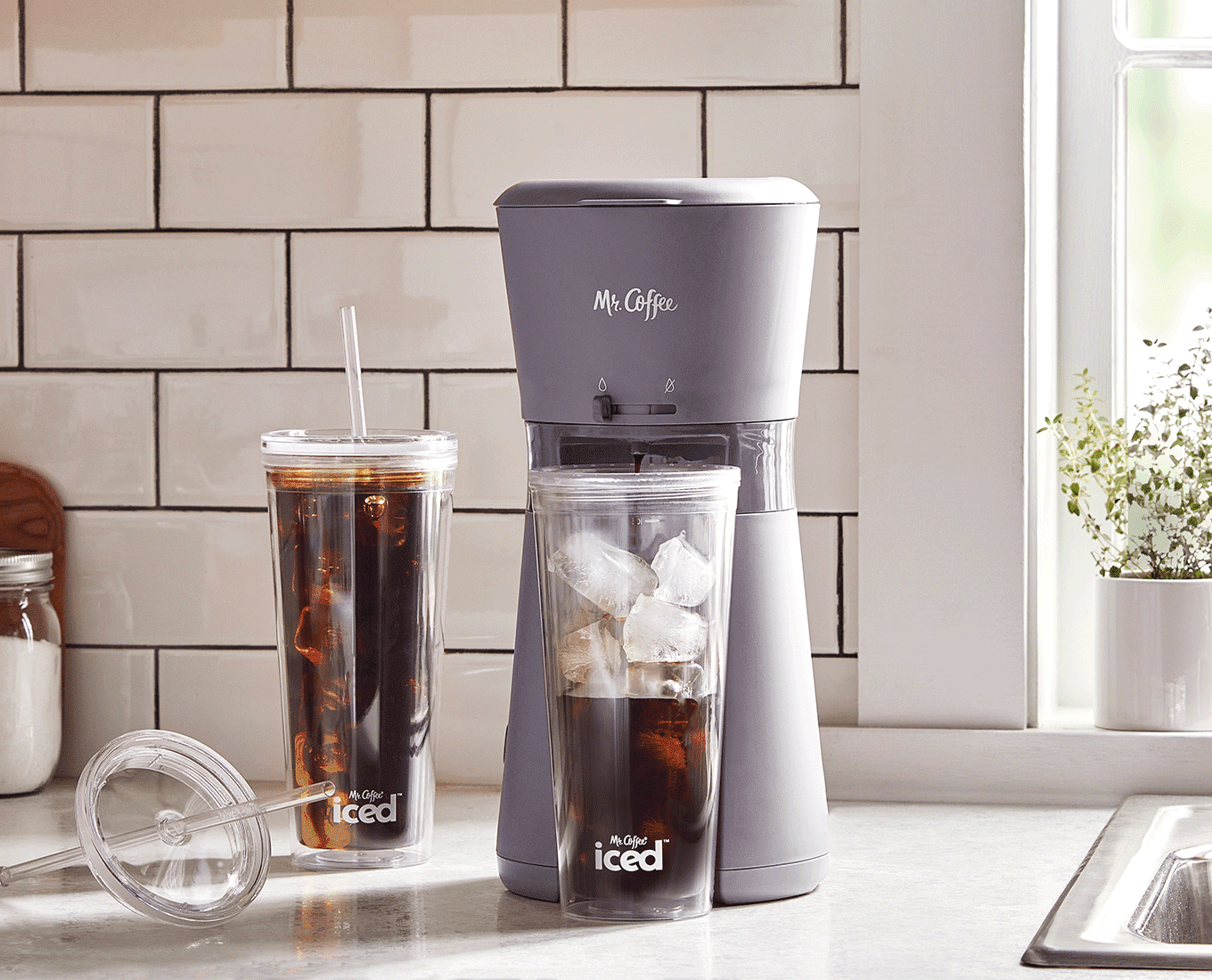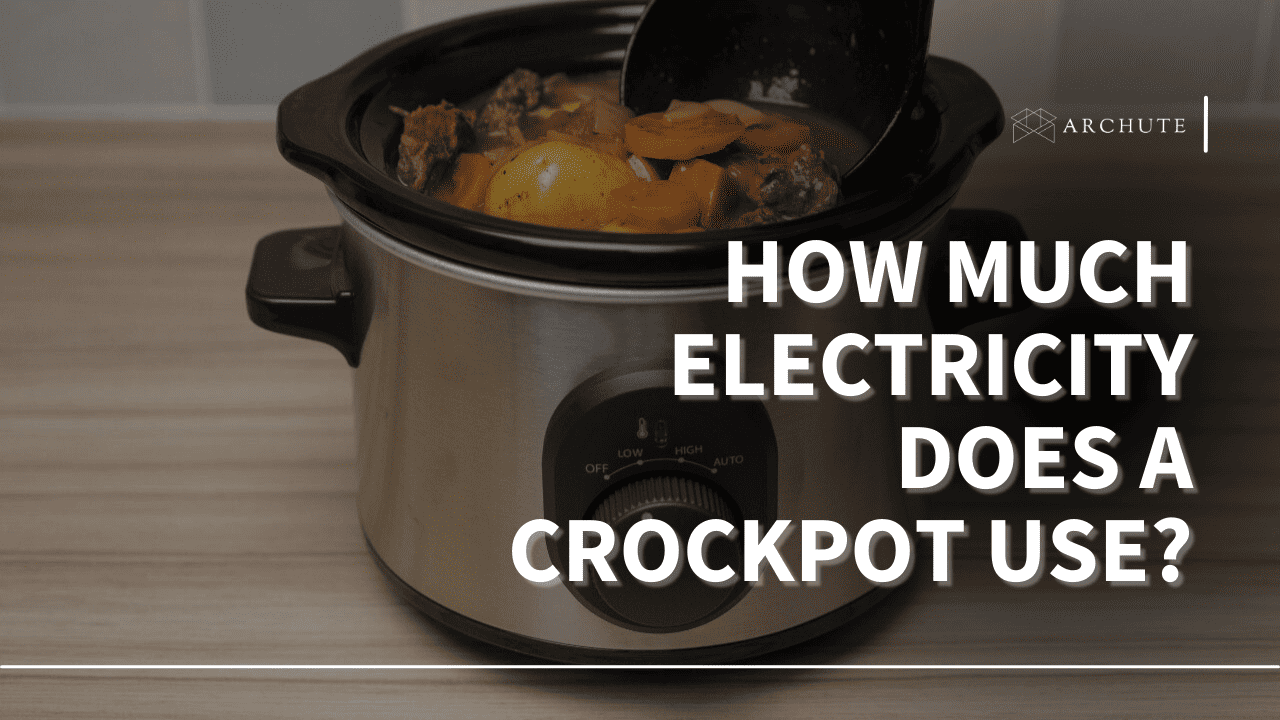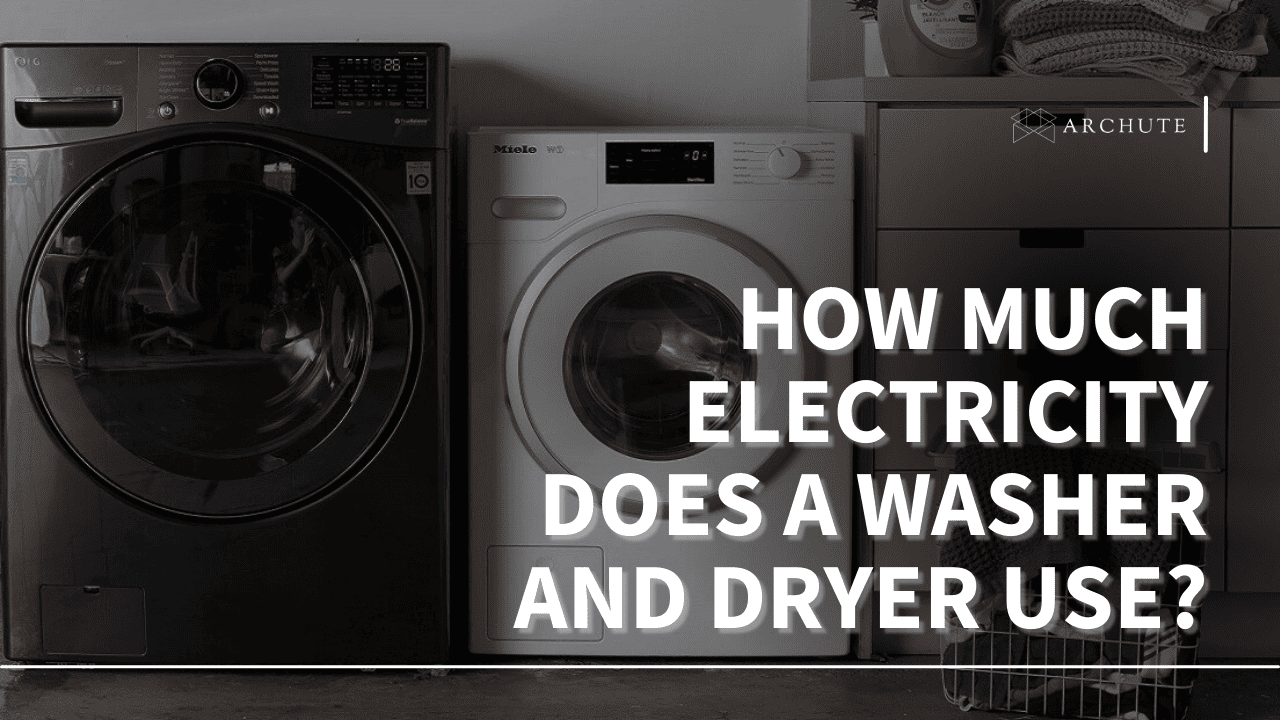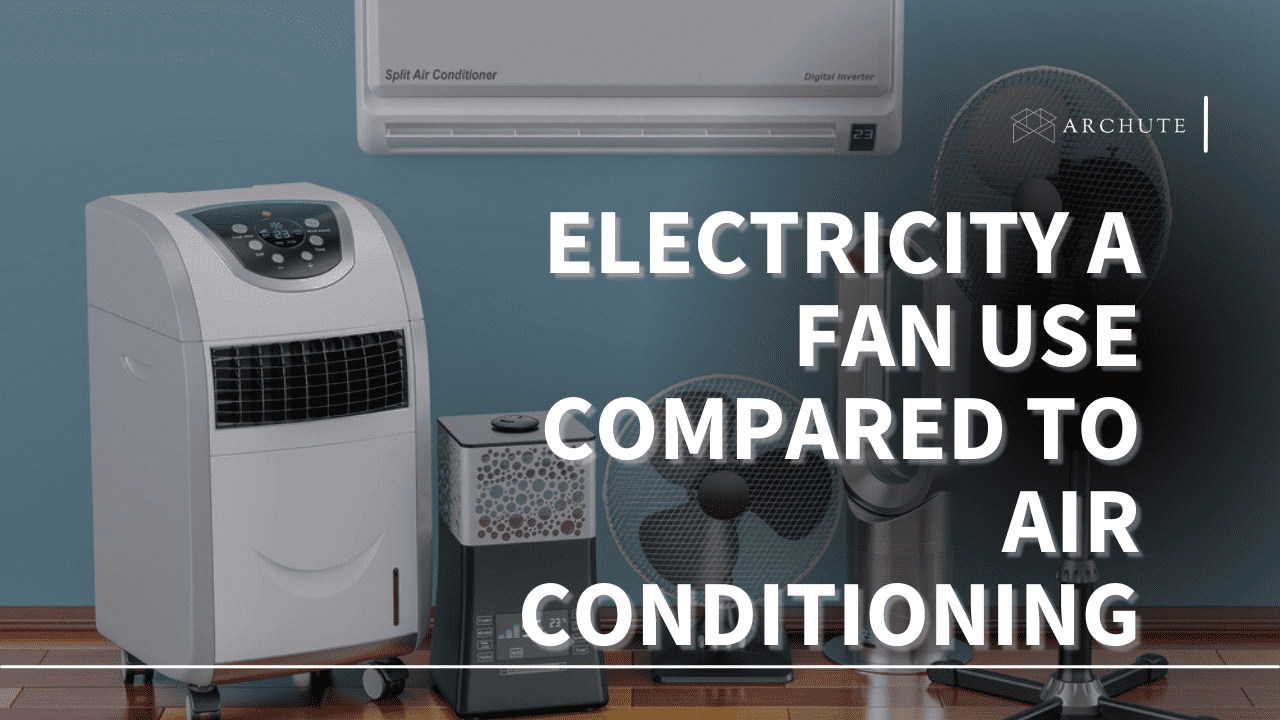Air conditioners consume a lot of electricity. In most households, an air conditioner will trump most appliances in electricity usage. Therefore, it’s vital that before buying an air conditioner, you are aware of its electricity usage. A 12000 BTU air conditioner is normal for a typical household. But how much electricity does a 12000 BTU air conditioner use per hour? Let’s find out.
12000 BTU Air Conditioner Power Consumption
Air conditioners are commonly used on hot days. In the summer, most households crank up the central air conditioner or use a portable one. Of course, this results in extra monthly energy usage, given the AC capacity. Of course, most air conditioners’ electric costs are calculated in British Thermal Units (BTU). Therefore, the BTU is something you should consider before buying an air conditioner.
The amount of electricity an air conditioner consumes reflects the quantity of BTU it has. For instance, a 12,000 BTU air conditioner will consume around 900 watts per hour. However, that’s subject to change depending on the make and model of the air conditioner. 900 watts per hour for an air conditioner, considering that the SEER rating is 13. That’s the minimum consumption for a 12000 BTU air conditioner.
How Much Would a 12000 BTU Air Conditioner Cost to Run?
Most of the time, most air conditioners increase your electricity consumption. A 12,000 BTU air conditioner is perfect for a mid-sized house. Furthermore, it doesn’t cost as much to purchase and install compared to larger air conditioners. At a minimum, paying for your air conditioning will cost you $400 yearly.
However, running your air conditioner for 8 hours a day would cost you around $34.10. Of course, this isn’t bad because you don’t need an air conditioner to run for 8 hours daily, except in hot summer months. Furthermore, if you alternate between your air conditioner and ceiling fan, you should keep your costs affordable.
Factors That Affect Air Conditioner Electricity Usage
Even after you purchase and install a 12,000 BTU air conditioner, a few factors will influence how much electricity it consumes and subsequent electricity costs. Now that you know the average power consumption of standard air conditioners, here are some factors to look out for.
1) Maintenance
Air conditioners require maintenance at least twice a year. The more air conditioners run, the more essential maintenance is. Maintenance is important since they keep the air conditioner running at peak performance and keep energy consumption at a normal rate. Of course, the more the filters are clogged, the more energy air conditioners use.
Image Source: blueskyluxury.com
Besides your yearly maintenance, cleaning your AC and changing your filter is also important. Additionally, removing any dirt and debris stuck in your air conditioner can enhance its cooling output and keep your energy costs constant. Furthermore, it also ensures the energy efficiency of your ac unit remains the same.
2) Air Conditioner Capacity
It should come as no surprise that the most significant factor in determining energy consumption is the air conditioner’s capacity. Of course, checking an air conditioner’s capacity is measured in British thermal units. Depending on the climate in your area and the conditions in your home, you should aim for at least 20 BTUs per square foot.
Image Source: energyvanguard.com
Of course, the larger your home, the more cooling capacity you require. That means your air conditioner might increase your estimated monthly energy usage. The more room you have, the higher your electric bill.
3) Climate
If you live in a hot and humid environment, your air conditioner energy usage will be higher because it will have to be on for at least 8 hours when it’s hottest during the day. Additionally, an AC unit in a hotter area will need to be larger and quite powerful. Remember, If the AC is too little, its performance could be sluggish; if it’s too much, it could overload the system and space. Therefore, checking your AC before buying it is important.
Image Source: chapmanheating.com
The warmer it gets, the more we use air conditioning. Most homes in hot areas have central air conditioners and fans. However, you can also use portable air conditioners to save on costs since a standard central air conditioner uses at least 3000 watts of electricity. Cooler climates, on the other hand, don’t require large air conditioners. A small window air conditioner is perfect in such instances.
4) Air Conditioner Efficiency Rating
Air conditioners come with what’s known as a Seasonal Energy Efficiency Ratio (SEER) rating. A SEER rating represents the number of watts used per hour, and the ratio of cooling output produced each season. Of course, not all air conditioners with the right BTUs will work the same way. Additionally, the greater the SEER rating of your air conditioner, the more effective it will be.
Image Source: bakerhomeelectricenergy.com
Depending on the regulations in your area, there might be a required SEER rating between 13-14. However, in other areas, you could find units with a higher SEER of 25. A good SEER rating for an air conditioner is 8.5 and above.
5) Your Home Insulation
Residential air conditioners’ energy consumption also depends on your home’s insulation. The better your home is insulated, the easier it is for your air conditioner to do its job. Remember, old houses have older insulation, and therefore, you might need to pay attention to that. Additionally, insulation provides better temperature regulation, which can be greatly improved with an efficient AC system that works with it.
Image Source: mathewsac.com
In other words, insulation slows heat transfer from one place to another. Therefore, if the heat didn’t move from hot to cold as readily, the insulation wouldn’t be as important as it is in keeping energy bills low, even with a portable air conditioner.
6) Temperature Settings
Image Source: onehourheatandair.com
Maintaining constant and ideal temperature settings throughout the day ensures improves the air conditioners’ efficiency. Additionally, higher energy consumption can result from lowering the temperature of your air conditioner or adjusting it throughout the day. Most AC units come with a default temperature setting (75 degrees). It is recommended to keep the setting on default.
Air Conditioner Electricity Usage Table
To easily calculate how much electrical an AC unit uses, use a common efficiency rating. 1,000 BTU uses 0.10 Kilowatts (100 Watts) per hour. The table below shows the energy usage of 5,000 – 18,000 BTU air conditioners.
Image Source: pickhvac.com
Frequently Asked Questions About How Much Electricity a 12,000 BTU AC Uses
i) How much does it cost to run a 12000 BTU air conditioner all day?
Let’s start by assuming the air conditioner has an Energy Efficiency Ratio (EER) of 10; the daily consumption would be 28.8 kWh. With an average electricity cost of $0.15 per kWh, the daily cost is $4.32. The monthly cost (30 days) would be approximately $112.20
ii) How many watts does it take to start a 12000 BTU air conditioner?
The window air conditioner with 12,000 BTUs has a starting wattage 5,100 and a running wattage of 1700.
iii) Does 12000 BTU use a lot of electricity?
Assuming a minimum SEER rating of 13, an air conditioner with 12,000 BTUs consumes approximately 900 watts per hour. With a higher rating, your AC can perform much more effectively.
iv) Is a 12000 BTU air conditioner too big for a bedroom?
No. A 12,000 BTU portable can work well in a bedroom up to about 200 square feet, and a 14,000 BTU unit will make some difference up to 400 square feet if you can tolerate the noise.
v) How many square meters can 12000 BTU cool?
For a room of 35-60 square meters, you need an air conditioning capacity of 12000 BTU. Those with a home area of 60 to 80 square meters require an air conditioner with a capacity of 18000 BTU. For rooms from 80 to 110 square meters, an air conditioner with a capacity of 24000 BTU is recommended.
The Bottom Line
When buying an air conditioner, the question of its electricity usage and capacity will always pop up. Air conditioners are power-hungry appliances. However, selecting the right one with the best energy efficiency will ensure the best AC for your space. In this article, you will find factors that will help you in your quest to purchase an air conditioner.

